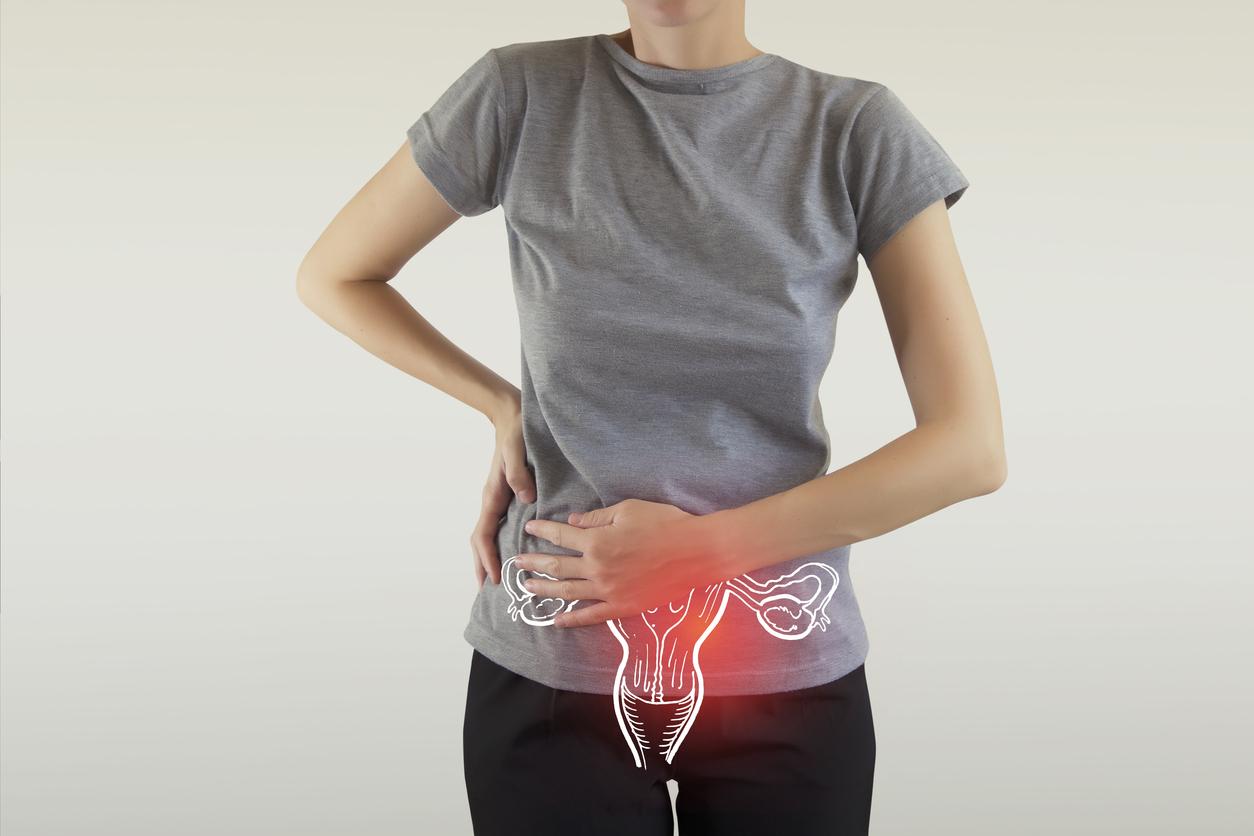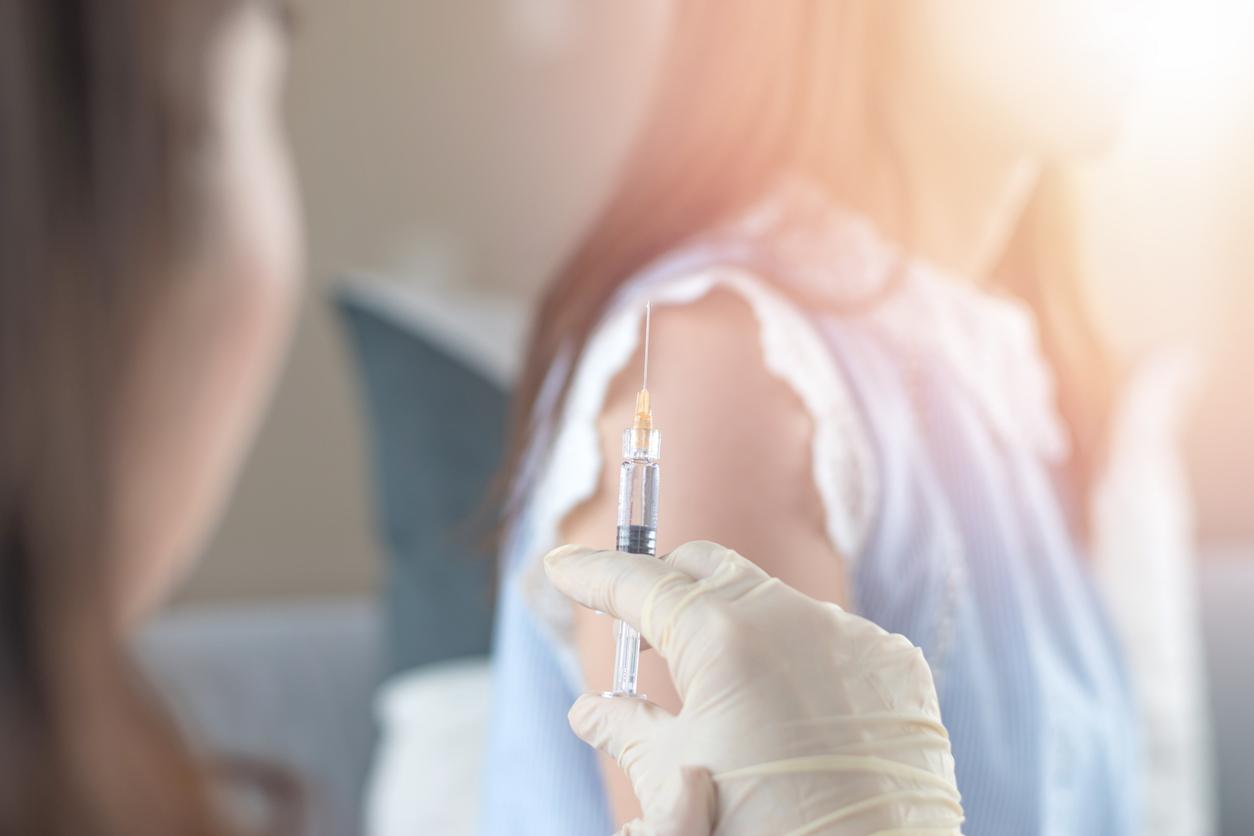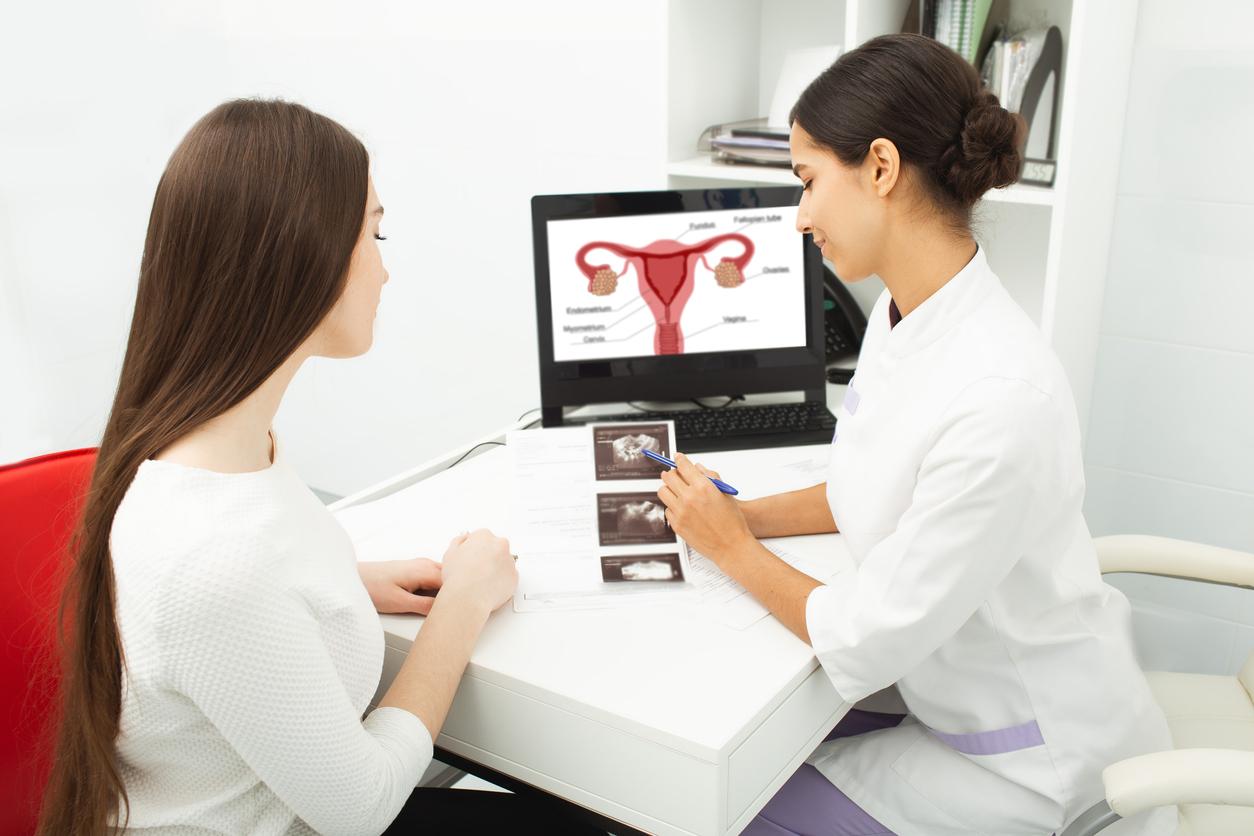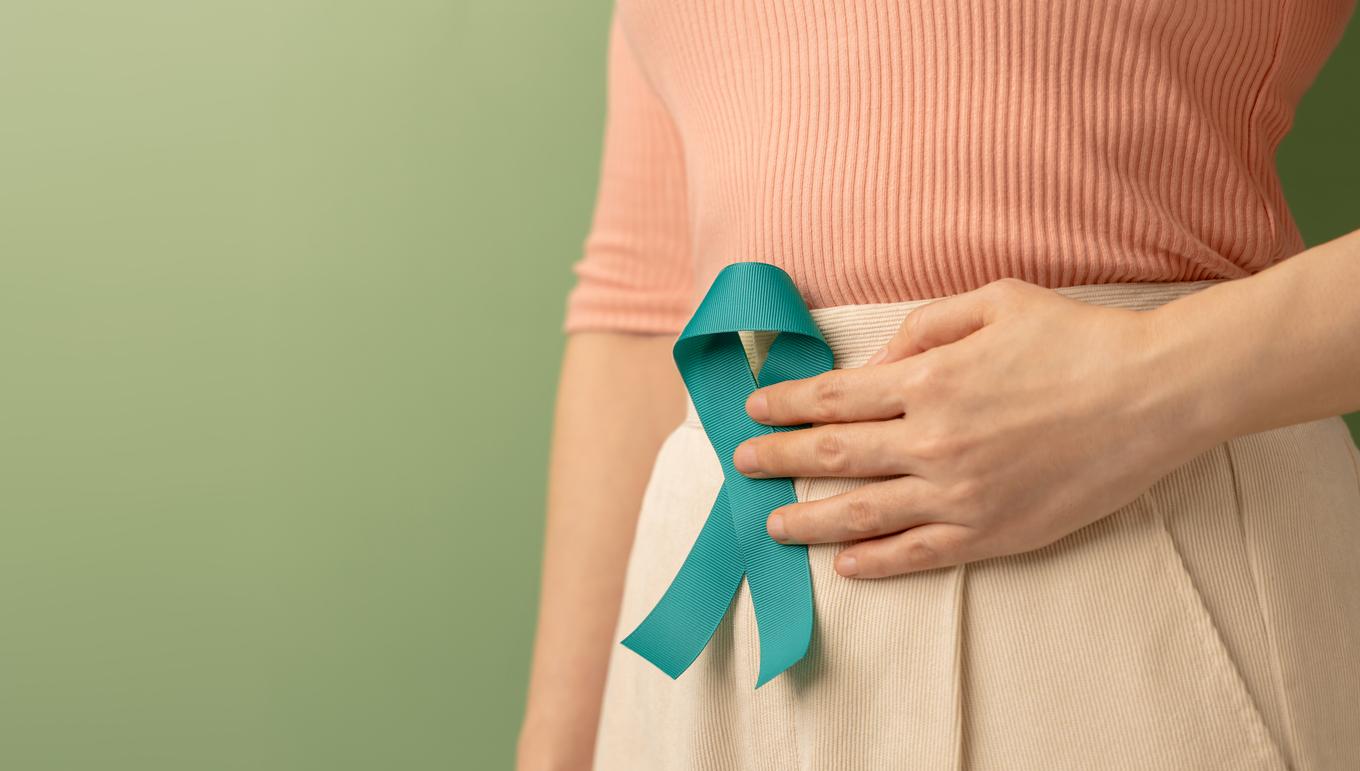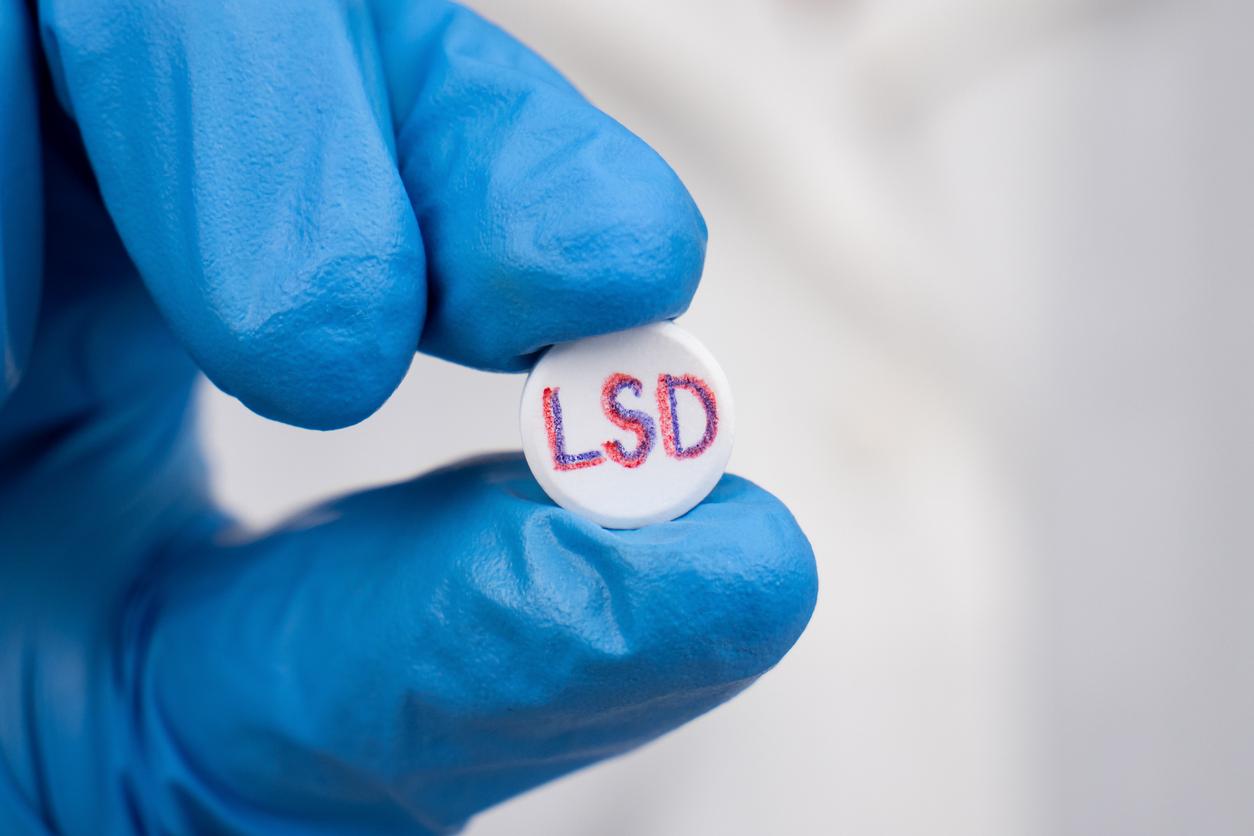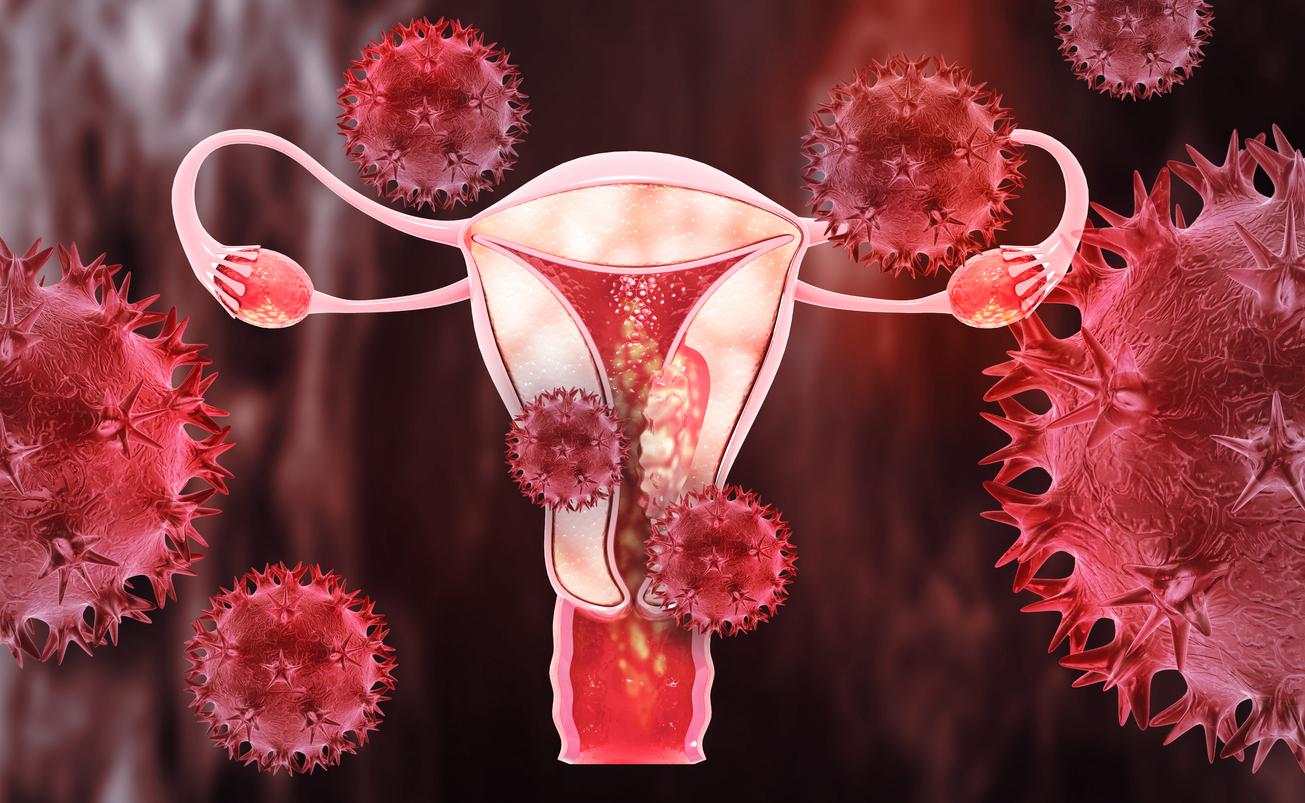Medication use for stomach pain and indigestion is higher among women diagnosed with ovarian cancer.

- In 2018, approximately 5,200 new cases of ovarian cancer were identified in France.
- One in five women with ovarian cancer is diagnosed in the emergency room.
- Patients with this tumor began to recognize their symptoms about 4.5 months before diagnosis.
It is the 8th most common cancer in women. Ovarian cancer causes few symptoms. These first signs are gynecological disorders (bleeding, abnormal vaginal discharge, breast tension) and local disturbances linked to the tumor mass (urinary loss, pelvic pain, feeling of heaviness, etc.). These manifestations may also include digestive disturbances, such as bloating, nausea, loss of appetite or stomach pain.
Ovarian cancer: “fuzzy symptoms in the early stages of the disease”
These symptoms “can be blurry in the early stages of the disease, leading some people to get treatments from a pharmacy for relief instead of seeing a GP because they don’t think their condition is serious,” according to researchers from Imperial College London (UK). In a recent study, they wanted to find out if there is a link between a diagnosis of ovarian cancer and a history of purchasing pain and indigestion medication, such as painkillers or antacids.
To carry out their work, the scientists used data from the loyalty cards of 273 women. Of these participants, 153 had been diagnosed with ovarian cancer and 120 were healthy. The team analyzed the history of monthly purchases of drugs for digestive disorders made by these patients for six years. They also had to complete a questionnaire on the risk factors for ovarian cancer, the symptoms they experienced and the number of visits to their doctor during the year preceding the cancer diagnosis.
Early diagnosis with indigestion medication?
“Purchases of treatments for digestive disorders increased 8 months before diagnosis. (…) An increase in purchases of indigestion medications was detected up to 9 months before diagnosis”, can we read in the results published in the journal JMIR Public Health and Surveillance. According to the authors, data from loyalty cards on over-the-counter drug purchases could help detect cases of ovarian cancer earlier.
“As we know that early diagnosis of ovarian cancer is essential to improve the chances of survival, we hope that this research will lead to earlier detection of ovarian cancer symptoms and improve treatment options for patients. patient”said James Flanagan, lead author of the study.
“Today, in the digital age, we live with a wealth of data at our fingertips. Studies like this are a great example of how we can put this information to good use and detect the cancer earlier”, added David Crosby, head of prevention and early detection research at Cancer Research UK.










